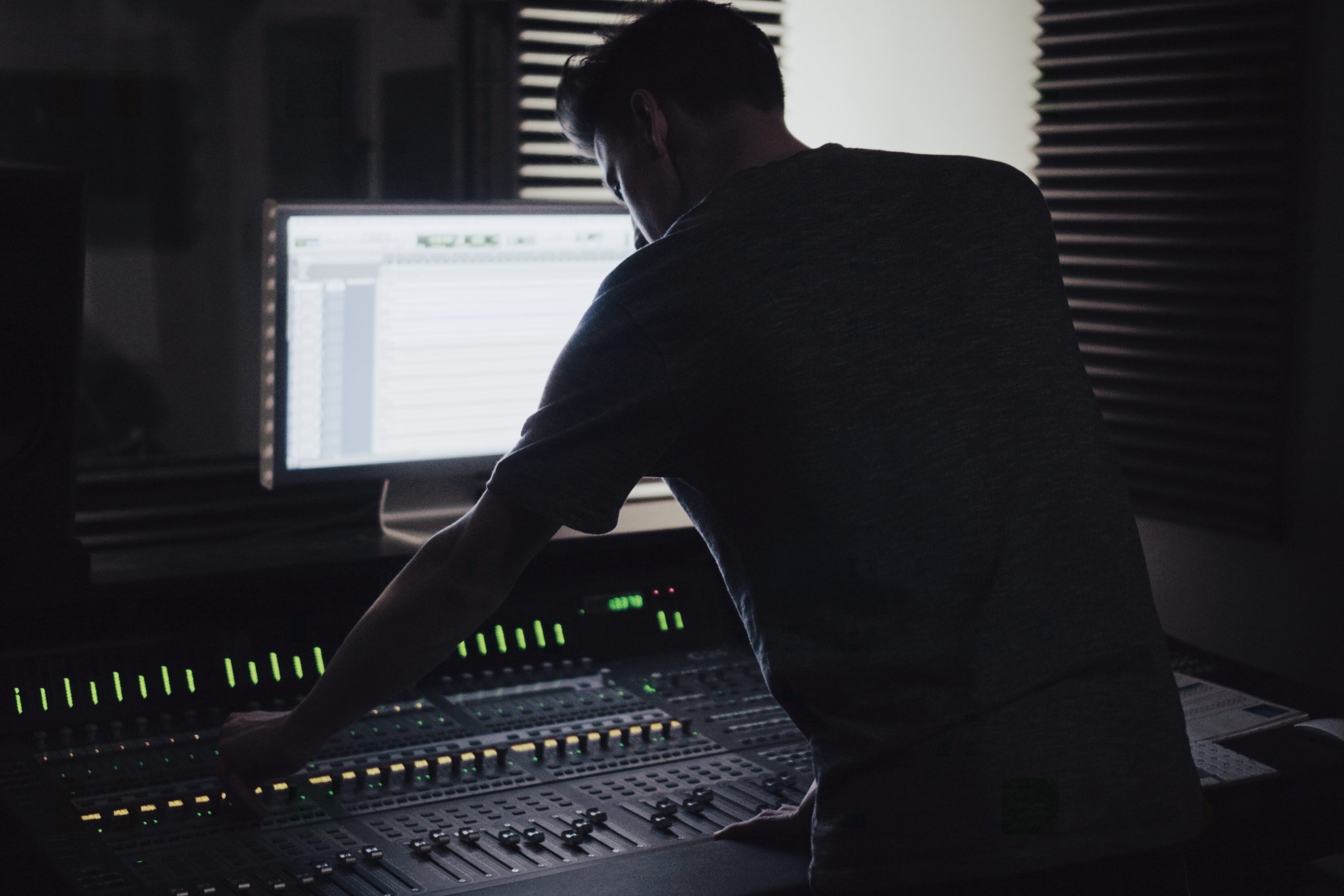Which DAW is the best for electronic music producers?
Image Credit: Tom Pottiger
Check out our guide to help you find the best DAW for electronic music producing in 2021.
Everyone’s got a favourite Digital Audio Workstation (DAW), and discovering one that you find effortless to use and that fits with your producing vision is the holy grail. Electronic music is one of the most popular genres among the producers we work with at RouteNote. Want to join in?
There’s no one universal solution for which DAW matches best with making specific genres of music. Some are however designed to be geared more towards making electronic beats than, say, classical music compositions. You might be a complete beginner itching to try your hand at EDM producing, or a techno-loving guitarist thinking of laying down some beats for the first time. Either way, we’ve explored some of the software on offer give you a better idea of the best DAWs for electronic music available in 2021.
A RouteNote family favourite, and for good reason. FL Studio is accessible and it’s easy to get to grips with the interface. Popular with hip-hop producers, you can get creative with looping fast, have some fun and produce quality results from this powerful DAW.
- Great for sketching out ideas
- Accessible piano roll notation
- Easy to program beats with a sequencer – popular for dubstep and trap music producers
- Comes with great synths and tools, and great vocal editing options
- FL Studio is used by producers such as Martin Garrix
- Fantastic value for money
One of the most popular DAWs for dance music, and geared towards electronic producers with its loop-based workflow, Ableton Live is a powerful and flexible DAW. It’s popularity also means there’s hundreds of tutorials online, perfect for if you’re starting out.
- Great for live performances – it’s a performance instrument in itself
- Fast audio warping capability and workflow
- Comes with over 11GB of samples, free instruments and over 30 effects
- Multi-track audio recording is great for dance music production
- Slightly less versatile
- Artists like Deadmau5 and Skrillex have used Ableton
- Compact layout
- Full suite of plugins
Apple’s Logic Pro X is a sophisticated DAW that’s long been a mainstay of producers. Easy to get started and reliable, its combination of classic audio recording capabilities with digital sound design abilities make it a good hybrid choice if you don’t want to be pigeonholed in electronic music.
- Big library of factory instruments and effects
- Advanced grouping and bussing features
- Great for quickly writing and arranging, and recording vocals and instruments
- Not as fast as Ableton or FL for beat-making
- Marshmello and Calvin Harris use Logic
- Affordable but limited to Mac
If you’re looking to drift into experimental electronica, Reaper might be for you. It’s customisation capabilities mean that the possibilities for creation are endless.
- Hyper-affordable at $60
- Fully customisable
- Good built-in plugins
- Refined MIDI/audio routing capabilities
- Takes a bit of time to set up the way you like, but worth it if you’re technically minded and persevere
If you want to understand how the analogue gear built into DAWs works, which cable goes where and how plugins are arranged, Reason is for you.
- Intricate interface looks intimidating, but not too tricky to learn.
- High quality instruments included
- Effects and instruments can be mixed and matched with minimal processing required
- Third party plugins aren’t supported
- Used by the Prodigy
The classic, mix-heavy DAW, popular in recording studios. Whilst not geared towards electronic music, Avid Pro Tools is a good route to learning the layout of a traditional large format console whilst still keeping all the modern options.
- Not as innovative as newer DAWs for modern beatmaking
- Great for recording, mixing and mastering
- Pricey.
- Not specifically designed for electronic music
Generally speaking, Ableton Live and FL Studio are the most popular and the best fit for electronic music producers. But try before you buy! Many DAWs offer free trials, so you can have an explore and find one that you find most user-friendly to your workflow. If you’re able to, spend some time within the program producing a track from recording, editing, arranging, mixing through to mastering to get the best feel for every aspect of the DAW before committing. If you find it a struggle, trial another DAW. Simple as.
